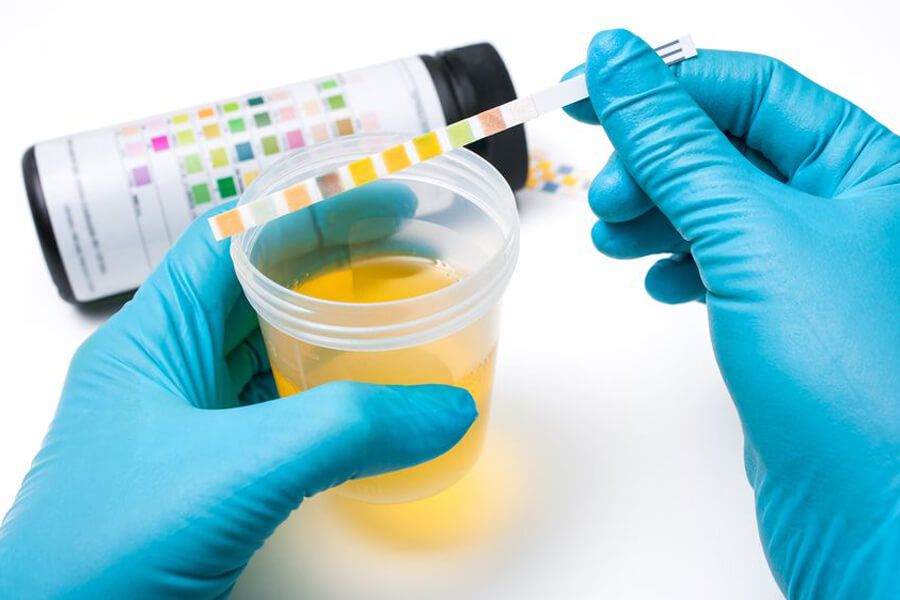Scientists in the UK have created a urine test that can detect aggressive prostate cancer much earlier than previous methods. In fact, the Prostate Urine Risk (PUR) test distinguishes between aggressive and non-aggressive cancers up to 5 years earlier than through other means.
Finding biomarkers
The researchers started by analyzing the gene expression in urine from 535 men. They narrowed the biomarkers for aggressive prostate cancer down to 36 genes—those that distinguished higher risk factors.
Despite the fact that a biopsy is still the only way to definitively diagnose prostate cancer, other screenings help determine if a biopsy needs to be done. These screenings include a digital rectal exam and a prostate-specific antigen (PSA) blood test. With the new PUR test, doctors can get an earlier diagnosis using a noninvasive method and even determine risk factors for men based on their genes.
Applying the findings to real life
“This means that we could predict whether or not prostate cancer patients already on active surveillance would require treatment,” explains Dr. Jeremy Clark of the University of East Anglia’s Norwich Medical School. “The really exciting thing is that the test predicted disease progression up to 5 years before it was detected by standard clinical methods. Furthermore, the test was able to identify men that were up to eight times less likely to need treatment within five years of diagnosis. If this test was to be used in the clinic, large numbers of men could avoid an unnecessary initial biopsy and the repeated, invasive follow-up of men with low-risk disease could be drastically reduced.”
This is a major breakthrough, considering that, according to the American Cancer Society, around 174,000 new cases of prostate cancer will be diagnosed in 2019. And while 1 in 9 American men will receive a prostate cancer diagnosis, most instances aren’t fatal. That’s because it’s a slow-growing cancer and most tests catch it before it has spread.

